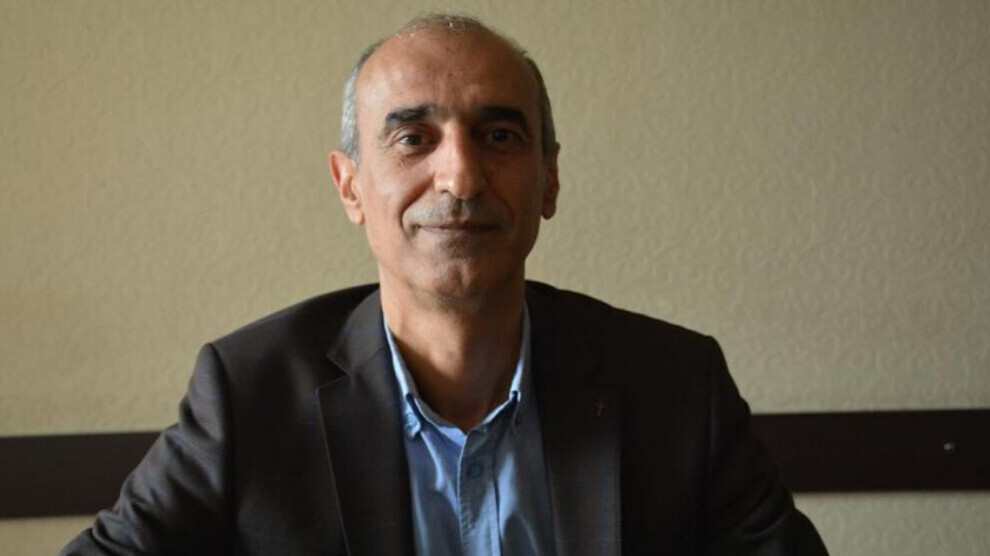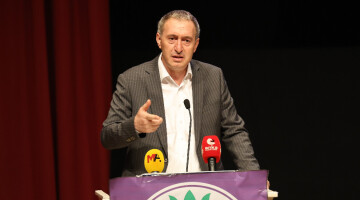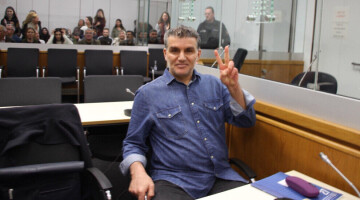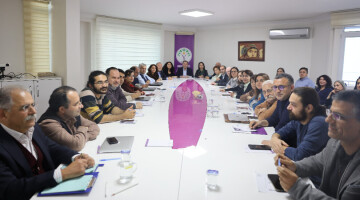The Diyarbakır 4th High Criminal Court heard the 10th hearing of the lawsuit filed against the President of Sarmaşık Association for Fight Against Poverty and Sustainable Development, Mehmet Şerif Çamcı, which was closed with the Decree-Law in 2016. Çamcı’s lawyers Mesut Beştaş and Mehmet Öner were present for the hearing, which Çamcı did not attend.
During the hearing, the prosecution provided the court board with its opinion on Çamçı and argued that, "DTK was established and structured in accordance with the instructions of PKK Leader Abdullah Öcalan in order to implement the so-called democratic autonomy strategy, which is the organization's target, and declared a so-called democratic autonomy on 14 July 2011 in order to disrupt the state's unity and integrity." It was also claimed that Mehmet Şerif Çamçı took part in different meetings and acts within the scope of DTK activities in order to achieve the organization's goals.
PRISON SENTENCE REQUESTED
The prosecution sought that Çamçı face the maximum penalty for "membership in a terrorist organization," citing his name in documents seized in the DTK facility and the accounts of secret witnesses as evidence.
The presiding court allowed Çamçı's lawyers to speak in opposition to the proposed opinion. The lawyers asked for additional time to respond to the opinion.
HEARING POSTPONED
The court board approved the request and postponed the hearing to November 16 in an interim decision.
SARMAŞIK ASSOCIATION
Before being banned in 2016, the Sarmaşık Association had previously become known worldwide as an exemplary aid and solidarity organization. At the time, the association, which was mainly active in Amed, set up free supermarkets and all kinds of other services for the impoverished population in the Kurdish city, which had grown massively as a result of displacement and village destruction.












